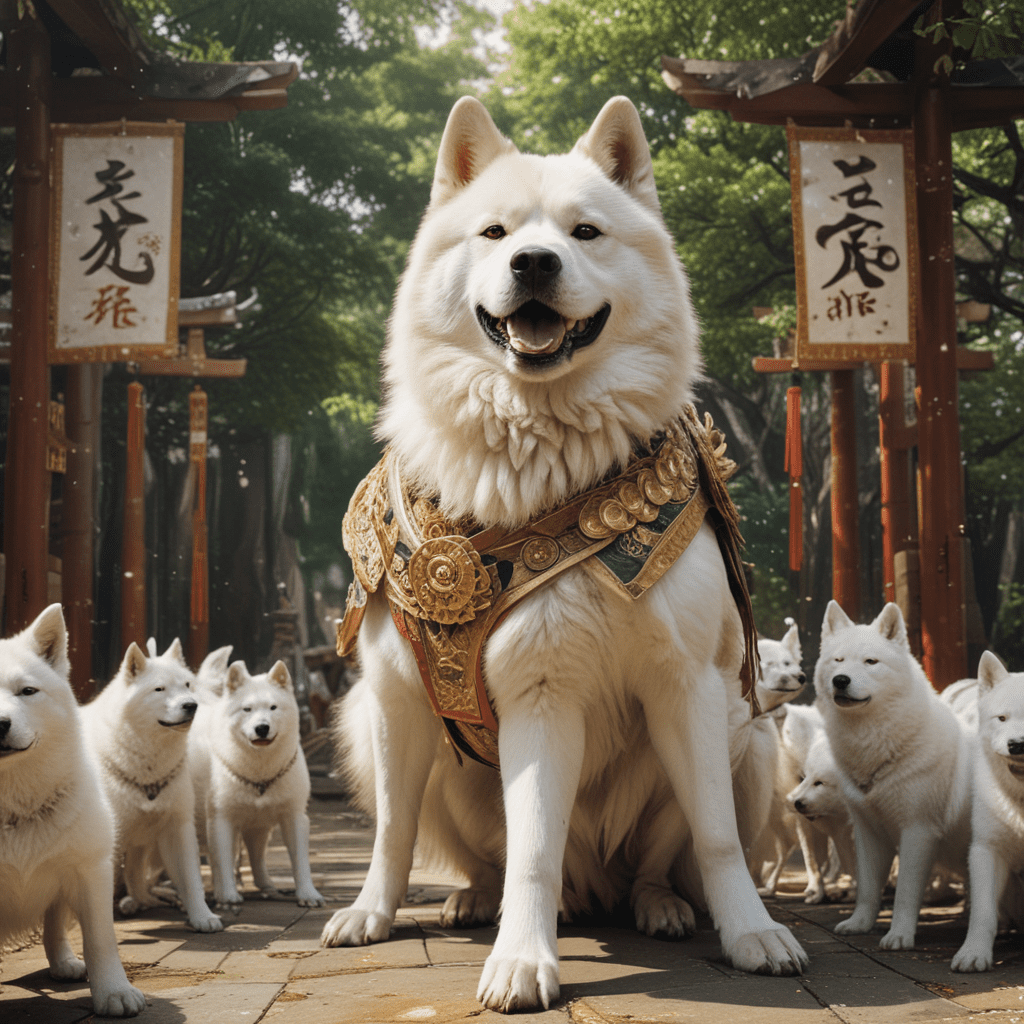The Significance of Rituals in Celtic Mythology
Celtic mythology is rich with rituals that played a crucial role in honoring their gods, ancestors, and the natural world. These rituals served various purposes, from ensuring a bountiful harvest to providing protection in battles and celebrations of important life events. Let’s explore the significance of rituals in Celtic mythology.
1. What Were Celtic Rituals and Why Were They Important?
Celtic rituals were formalized practices performed by Druids, the religious leaders in Celtic society. These rituals were integral to Celtic culture as they were believed to maintain harmony and balance between the spiritual and physical worlds. They were conducted to seek blessings from the gods, offer thanks, mark significant occasions like births and deaths, and ensure prosperity.
2. Types of Celtic Rituals:
Celtic rituals included seasonal celebrations like Beltane and Samhain, rites of passage such as weddings and funerals, and offerings made at sacred sites like wells and forests. The Celts believed in the interconnectedness of all things, and their rituals reflected this deep connection to nature and the divine.
3. Symbolism and Elements in Celtic Rituals:
Symbolism played a vital role in Celtic rituals. Elements like fire, water, earth, and air were often incorporated to represent different aspects of life and the cosmos. For example, fire symbolized transformation and purification, while water signified healing and intuition. The intricate use of symbols enhanced the potency and meaning of the rituals.
4. Legacy of Celtic Rituals Today:
Although many Celtic traditions and rituals have faded over time, some aspects continue to resonate in modern practices. Neo-pagan groups and individuals interested in Celtic spirituality often draw inspiration from ancient Celtic rituals to reconnect with nature, celebrate seasonal festivals, and honor their heritage.
FAQs About The Significance of Rituals in Celtic Mythology
What role do rituals play in Celtic mythology?
Rituals in Celtic mythology hold immense significance as they serve to honor the gods, ancestors, and natural elements, fostering a deep connection with the spiritual realm.
How do Celtic rituals differ from modern practices?
Celtic rituals often involve ceremonies tied to nature’s cycles, such as Samhain and Beltane, unlike modern practices that may focus more on individual beliefs and personal growth.
Why did the Celts place importance on ritualistic practices?
Rituals were integral to Celtic culture as they were seen as a way to maintain harmony with the divine, ensuring protection, prosperity, and guidance from the Otherworld entities.
Are there specific rituals commonly associated with Celtic mythology?
Yes, rituals like the Imbolc fire festival, honoring Brigid, and the Beltane Maypole dance are traditional practices deeply intertwined with Celtic mythology, passed down through generations.




